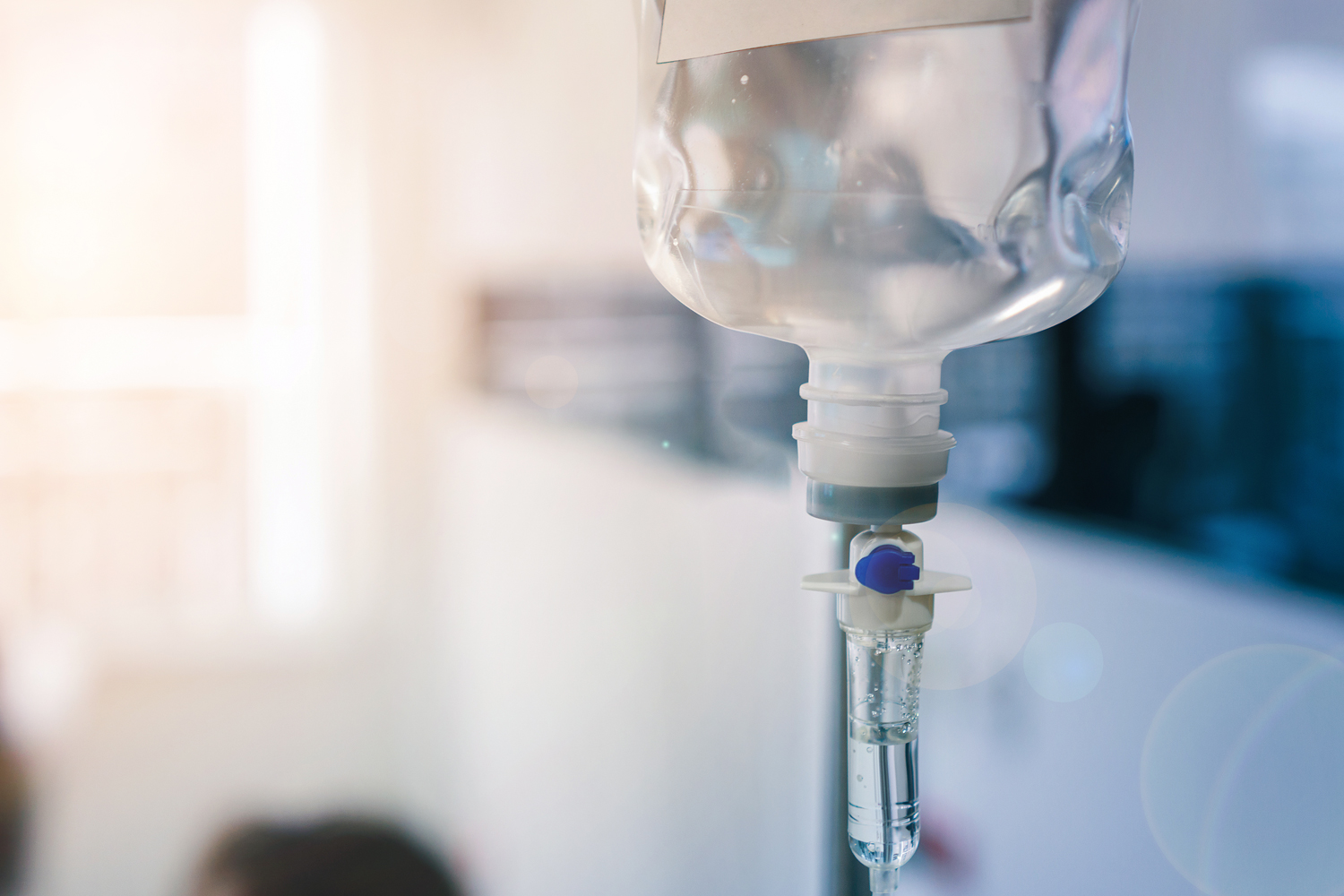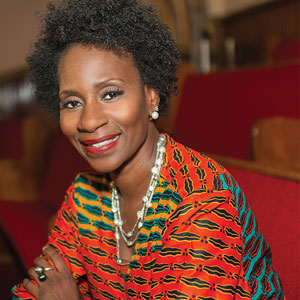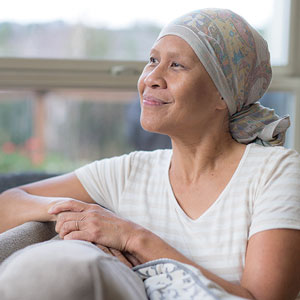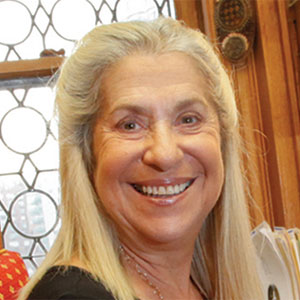-
Survivor Profile
A Sister’s CircleSchool counselor Diane Nathaniel creates communities for herself and those around her in Brooklyn and beyond. Her cancer diagnosis led her into patient advocacy.
by Marci A. Landsmann
-
Forward Look
New Option for Treating Pain From Bone MetastasesStudy supports use of single-session, higher-dose radiation.
by Jane Langille
-
Forward Look
Treatment for Kids’ Brain Tumors Can Cause Hearing ProblemsSevere hearing loss may result in reading and learning difficulties.
by Esther Landhuis
-
What to Do About Lymphedema?
In a randomized study, weight loss and home-based exercise did not improve lymphedema symptoms in breast cancer survivors.
by Anna Azvolinsky
-
Finding Support in Unlikely Places
After her diagnosis with ovarian cancer, Patricia Anne Ward noticed that some friends and family pulled away. She found connection outside her usual circles.
by Patricia Anne Ward
-
A Researcher Attends a Conference, This Time as a Patient Advocate
My most meaningful moments at my first cancer research conference came from embracing my experience as a patient—not as a researcher.
by Jamie Aten
-
Advocacy Spotlight: A Mission to Bring Awareness
Minister and thyroid cancer survivor Thurselle C. Williams speaks at conferences and events about cancer awareness and, ultimately, healing following her 2016 diagnosis.
by Erin L. Boyle
-
Why Is the Rate of Uterine Cancer Rising?
Uterine cancer incidence is increasing in the U.S., particularly in Hispanic, Asian and black women, but obesity may play a smaller role in this change than was previously assumed.
by Ashley P. Taylor
-
Q&A
Breaking the IceSocial activist and breast cancer survivor Letty Cottin Pogrebin shares tips on supporting friends and family members through cancer diagnosis and treatment.
by Marci A. Landsmann
-
Forward Look
Learning How to Prevent Multiple MyelomaIrene Ghobrial on studying cancer precursors.
by Sue Rochman
Cancer Talk
Living With Your Loved One’s Prostate Cancer
Christine Ledbetter on the ways her husband’s prostate cancer affected their relationship and finding support as a caregiver.
by Christine Ledbetter
Continuing the ConversationThe AACR hosts a roundtable to ‘get real’ about cancer health disparities.
by Marci A. Landsmann
More Patients Participating in Cancer ResearchA higher proportion of cancer patients are enrolling in research studies than previously thought, but many patients lack the access needed to participate.
by Kyle Bagenstose
Immunotherapy Drug Tarlatamab Approved for Advanced Small Cell Lung CancerThe drug showed promise in treating small cell lung cancer that had progressed during or after chemotherapy.
by Laura Gesualdi-Gilmore















